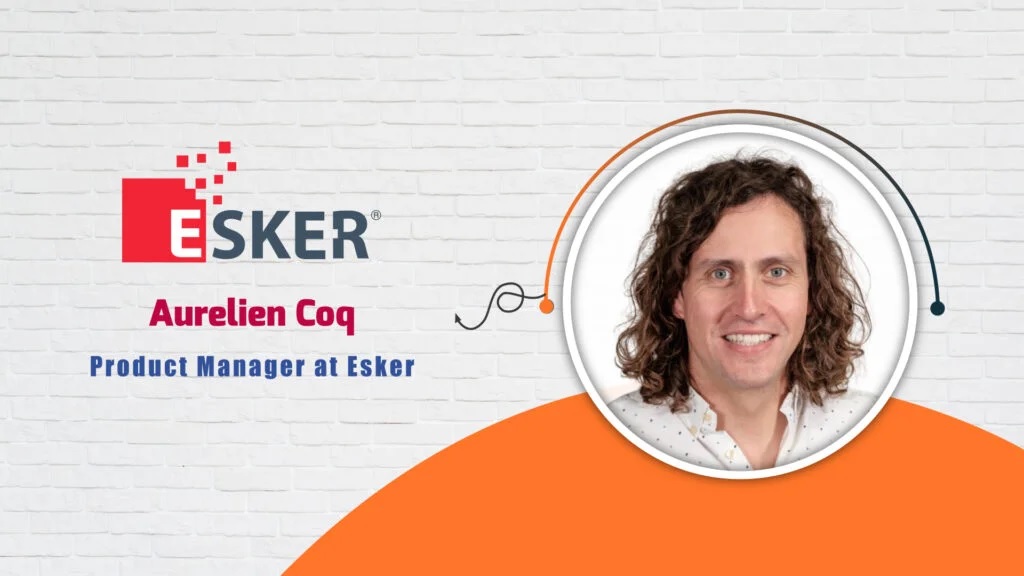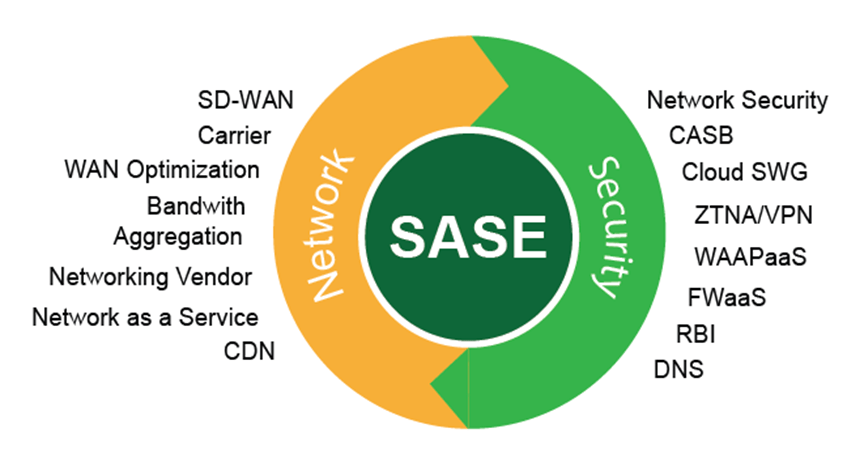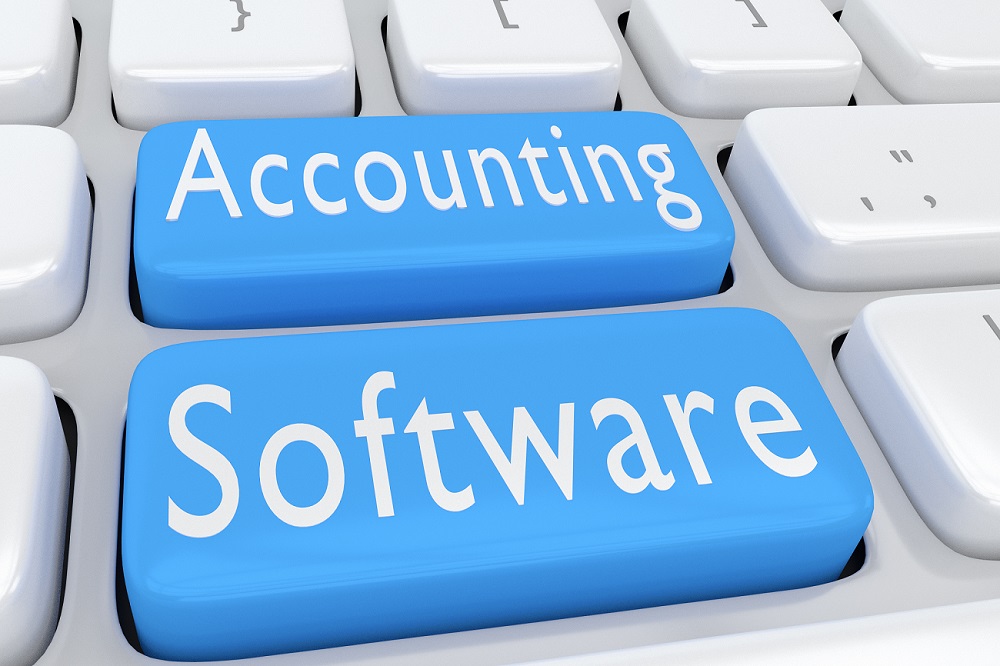Aurelien, could you elaborate on how your professional experiences and background have contributed to your current position as Product Manager of Esker?
Prior to my current position as Product Manager of Esker’s Customer Service solution suite, I managed Esker technical support teams both in France and the US. I wanted to use the customer knowledge I gathered while helping Esker customers and bring my contribution to providing better products that fully answer customer needs. That led me to becoming a Product Owner within Esker’s R&D department, following the Agile Scrum methodology. I then became a Product Manager for a predictive lead scoring startup where I developed the necessary skills to position and market a new product, aiming at helping marketing and sales professionals develop their businesses.
I then came back to Esker as a Product Manager where I can combine my technical background with my many years of business and technology experience to deliver solutions that relieve Customer Service professionals from time-consuming tasks and enable them to develop new skills.
In the SaaS industry, competition can be fierce. How do you differentiate Esker’s Order-to-Cash solutions from competitors, and how do you maintain a competitive edge in the market?
As mentioned earlier, we actually only have a limited number of competitors for our customer service solutions and mostly for order management automation. We have a lot of competitors globally on the Order-to-cash cycle, but the vast majority focuses only on the Invoice-to-cash piece of this cycle, meaning what happens after the invoice is issued and how it is paid and how this payment is allocated. There is an Invoice-to-cash Gartner Magic Quadrant that analyzes this market, and we were actually named as a leader this year.
Going back to how we maintain a competitive edge in our solution, we first differentiate with our use of AI technology embedded in the solution. We’ve actually been innovative on AI for a very long time as we started introducing machine learning data capture algorithms 15 years ago (we recently obtained a patent for this technology, but we actually submitted the patent request 12 years ago and it took a very long time to be granted). So, we’ve had an edge on the technology over competitors that have more basic solutions with standard algorithms that cannot automatically learn or handle a vast diversity of order layouts and want to keep this edge by continuing to invest. Also, the technology that we add to the solution always answers users’ needs and brings them value, we are not driven by the marketing power that AI currently has in the market.
The other differentiator is our will to automate from end-to-end and provide a system that integrates with the IT infrastructure already in place, also not forcing our customer’s customer to change something in their process. To provide an example of the end-to-end automation capabilities for our Order Management solution, one of its main capabilities is that it can quickly and accurately extract order data, but there is a lot more around managing orders, including in the exception cases: we allow CSRs to manage all orders, not matter the type (email, but also EDI or ecommerce), we provide collaboration capabilities to clarify internally and/or externally an order, we integrate with the ERP and CRM systems, and can also deliver order confirmations and ship notices back to customers, according to their preference (email, EDI, portal).
To Know More, Read Full Interview @ https://ai-techpark.com/aitech-interview-with-aurelien-coq/
Read Related Articles:
Generative AI for SMBs and SMEs







